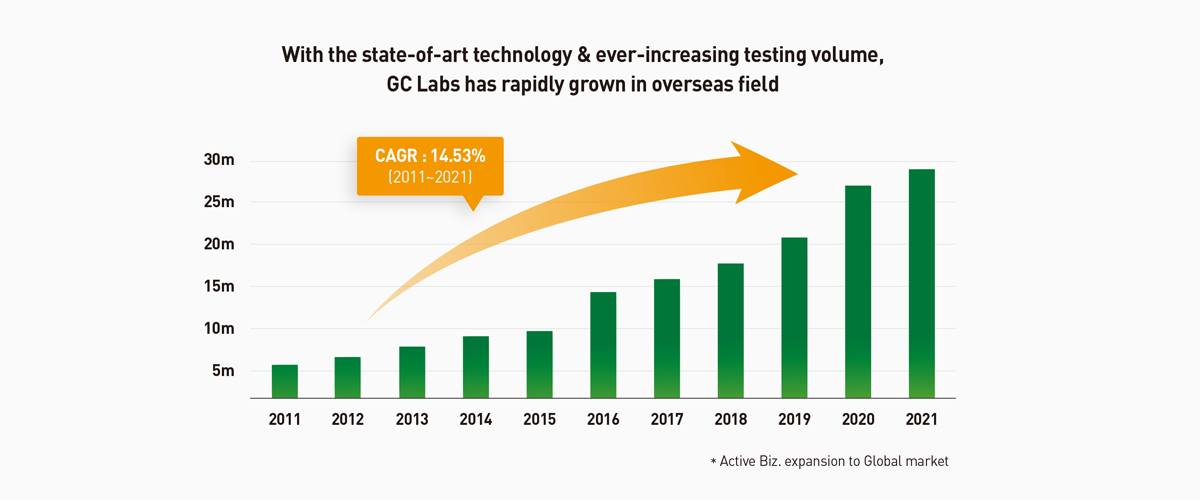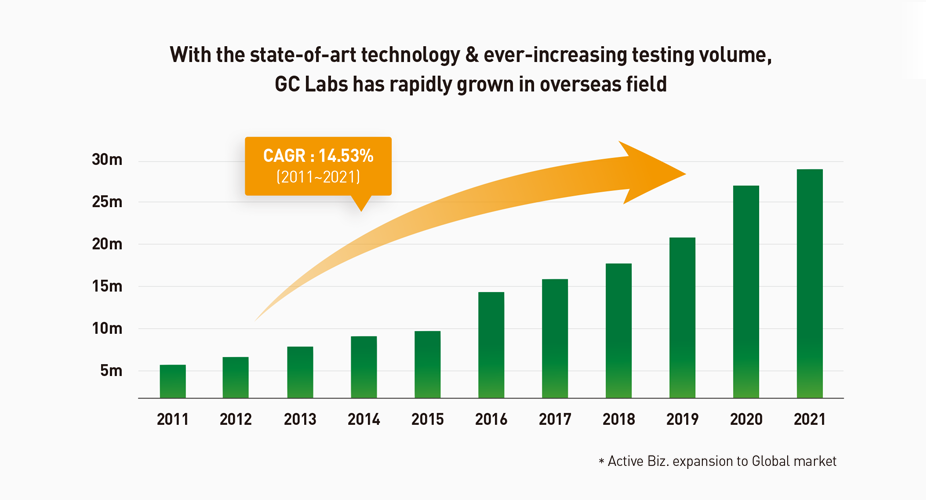Laboratory Medicine
We are the first laboratory in Korea to establish an automated clinical testing system.
Automation Unit

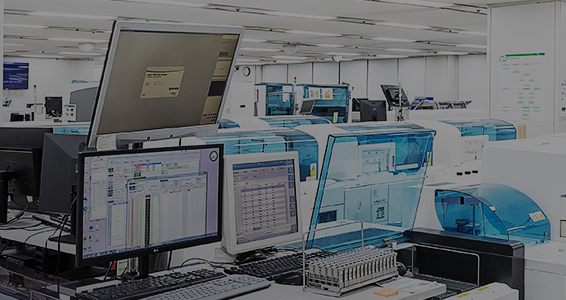
- Equipped with a total laboratory automation (TLA) system for clinical testing, we strive to shorten turn around time, minimize error rate, and maximize efficiency by automating the entire process from sample arrival to sample dispensing, reagent dispensing, reagent and sample mixing, measurement, and report of results.
- We secure reliability through thorough quality control and provide fast and accurate test results 24 hours a day. Through this TLA system, we carry out a variety of tests including basic tests necessary for diagnosis, treatment and prevention of various diseases such as cardiovascular disease tests, diabetes-related tests, hormone tests, bone metabolism tests, pregnancy-related tests, therapeutic drug concentration monitoring, drug abuse tests , and tumor marker tests.
Automation Test
Hematology

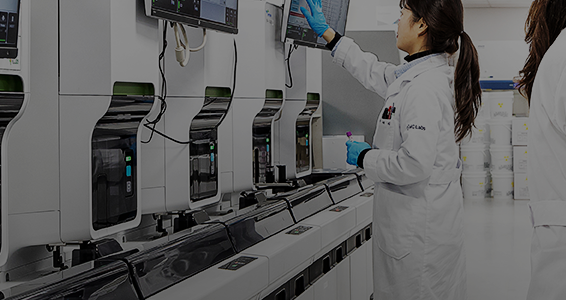
- The Hematology team performs general blood tests (CBC and PB morphology), coagulation test, special hematology tests(Bone marrow morphology and special stains), flow cytometric tests(lymphocyte subset, leukemia/lymphoma immunophenotyping, PNH), glycated hemoglobin(HbA1c), and pre-transfusion tests. The Hematology team consists of 11 professional technicians with a hematology specialist, and we always conduct reliable tests to ensure fast results and strict quality control.
- The equipment composition of the hematology team at the hospital is Introduction of 2 lines of XN-9000 (blood automation equipment) connecting 6 SYSMEX XN-10 (CBC equipment) and 2 SP-50 (stain equipment) units and 2 STA-R MAX (blood coagulation equipment) units of Stago, Roche's Cobas c513 (glycated hemoglobin) 2 units, DIAGAST's Qwalys 3 (blood bank automation equipment) 2 units, flow cytometry equipment includes NAVIOS (Beckman Coulter) and Facs Canto II (BD).
- Our Hematology team is doing our best to keep advanced quality about new tests and equipment based on accumulated professional manpower and data, providing more precise results and rapid TAT.
Test information

- lymphocytes subset, NK cell subset
- Lymphocytes are immune cells consisted of heterogeneous subgroups, roughly composed of T cells, B cells, and natural killer (NK) cells in mainly peripheral blood. Each subset owns specific cell-surface markers and functions. NK cells are roughly composed of cytotoxic NK cells and cytokine producing NK cells. The flow cytometric analysis could identify each of these subsets by a combination of one or more cell surface markers. These assays provide absolute (cells/micL) and relative (%) quantitation of total lymphocytes.
Microbiology
-
A microbiology laboratory performs microscopic examination, culture, identification and antimicrobial susceptibility testing of microorganisms including bacteria, fungi, yeasts, etc. The Microbiology Laboratory is composed of several sections including Aerobic and Anaerobic Bacteriology, Mycology, Parasitology.

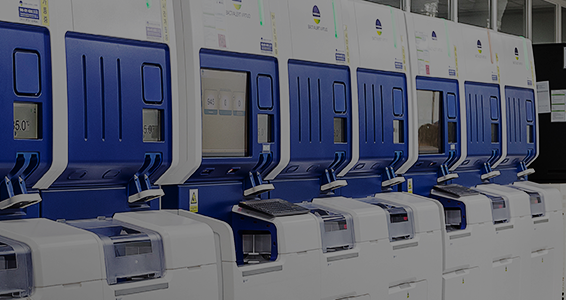

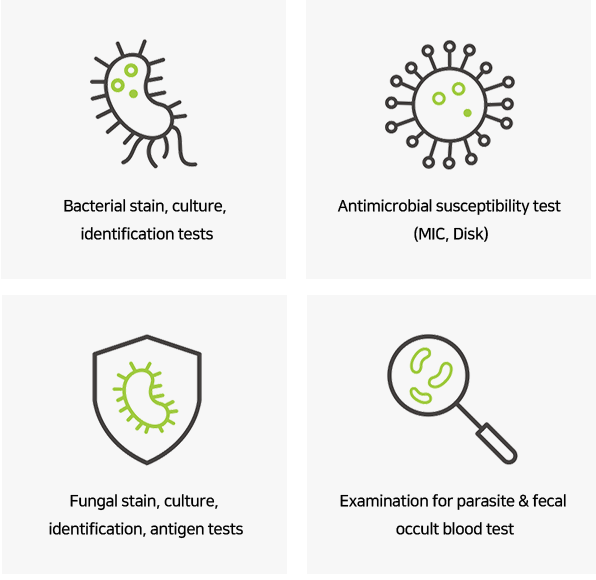
Test information
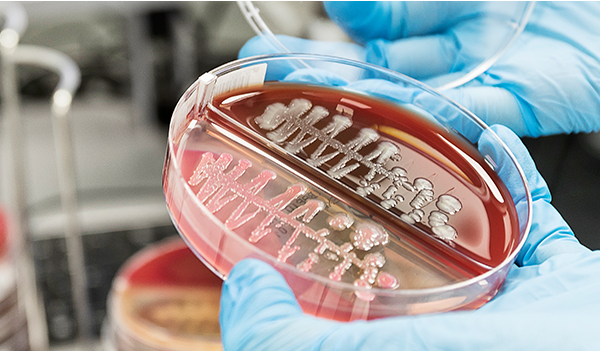
- Gram stain
- KOH mount
- Blood culture
- Ordinary culture
- CRE, VRE culture
- Fungus culture
- Stool parasite
Molecular Microbiology
-
In Molecular Microbiology department, Automated DNA extraction procedure using magnetic glass particle technology enables faster and more testing to be placed. Also automated real PCR system reduces analytical time by screening multiple DNA sequences when detecting what microorganism actually causes the infection.

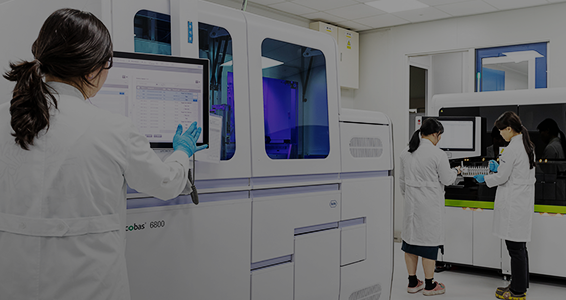
Test information
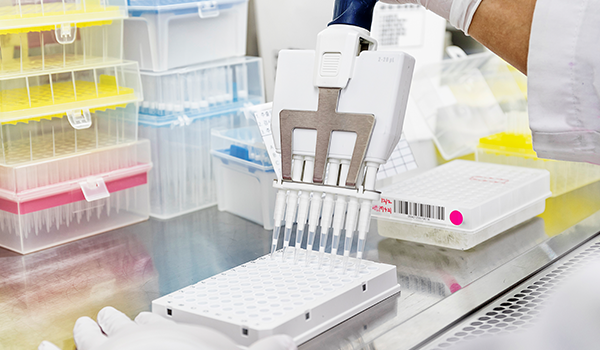
- CMV, EBV, BK
- HBV, HCV, HIV
- SARS-CoV-2
- Respiratory Disease Pathogen Panel
- Malaria, Dengue, SFTS
- Gastrointestinal Disease Pathogen Panel
- Sexual Transmitted Diseases, HPV
- Meningitis Pathogen Panel
Tuberculosis

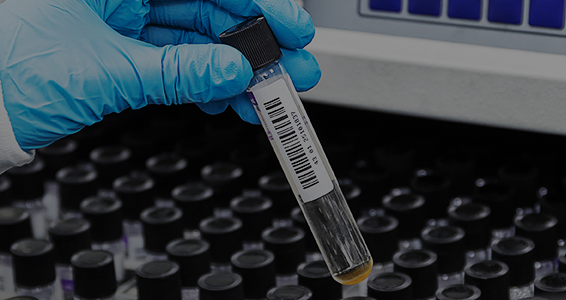
- Established in 2020 (Spin-off as a independent team for tuberculosis related tests which were dispersed in Microbiology, Molecular microbiology, Immunology team)
- Diagnosis and treatment for patients can be conducted through highly accurate tests
- Performs government projects and continuously conducts research with center for Infectious disease
Test information
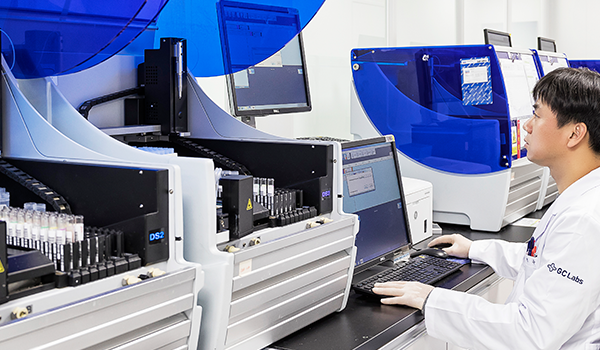
-
Microbiology
AFB stain, AFB Culture (solid, liquid), AFB susceptibility, NTM susceptibility -
Molecular
M.Tb real time PCR, M.tb & NTM real time PCR, Rapid drugs susceptibility, NTM ID, Sequencing Drug susceptibility (RFP, INH, Quinolone) -
Latent tuberculosis infection
Interferon gamma releasing assay (QuantiFeron-TB Plus)
Human Genetics

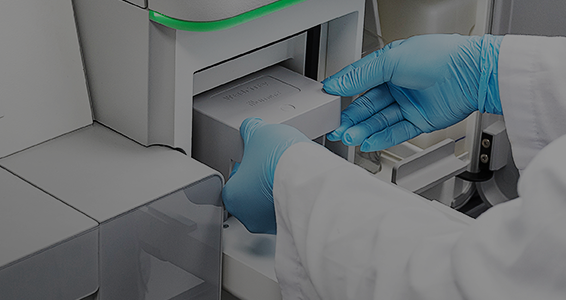
- Human Genetics Unit is composed of department of Human molecular genetics and Cytogenetics. The department of Human molecular genetics performs genetic tests to diagnose genetic disease and hematologic malignancy, predict or monitor drug response, and provide information for companion diagnostics. The department of Cytogenetics conducts chromosomal analysis and various types of FISH tests to diagnose constitutional disease and hematological malignancy, and monitor therapeutic response.
Test information
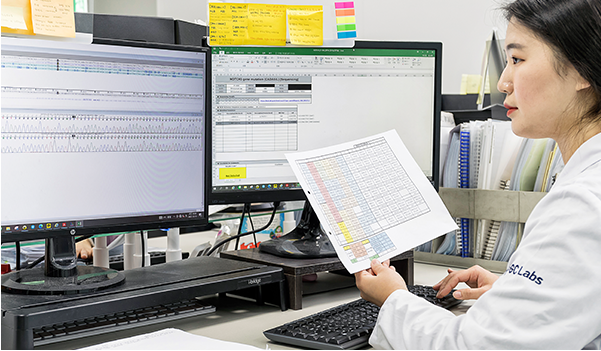
- Hereditary disease
- FISH, Pharmacogenetics
- Chromosome analysis
- Somatic mutation
- Paternity
Immunology

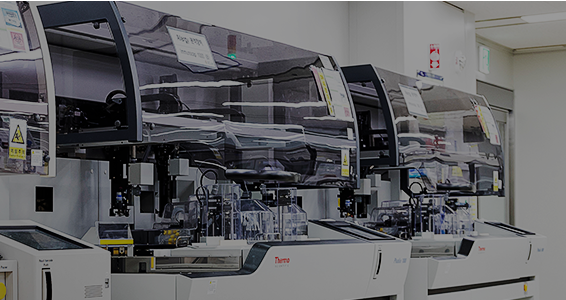
- Immunology department performs the highest number of immunologic test items in Korea. We mainly perform immunoassays by manual methods such as ELISA, IFA, RIA, immunoblot and etc. Immunoassays performed by our department cover diagnostic markers for various diseases including autoimmune diseases, allergic diseases, infectious diseases, endocrine and thrombotic diseases, and many more. We also perform PRA and HLA tests by Luminex technology for organ transplantation.
Test information
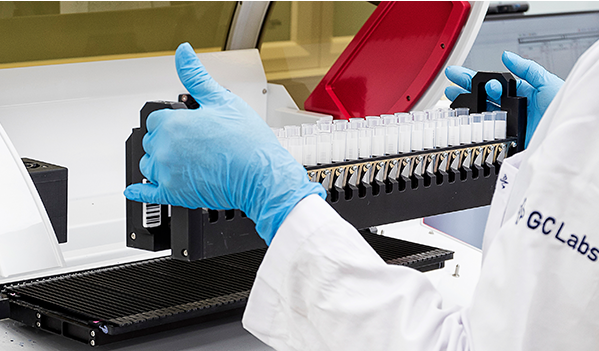
- Autoimmune diseases
- Allergic diseases
- Infectious diseases
- Endocrine and Thrombotic diseases
- Radioimmunoassays


